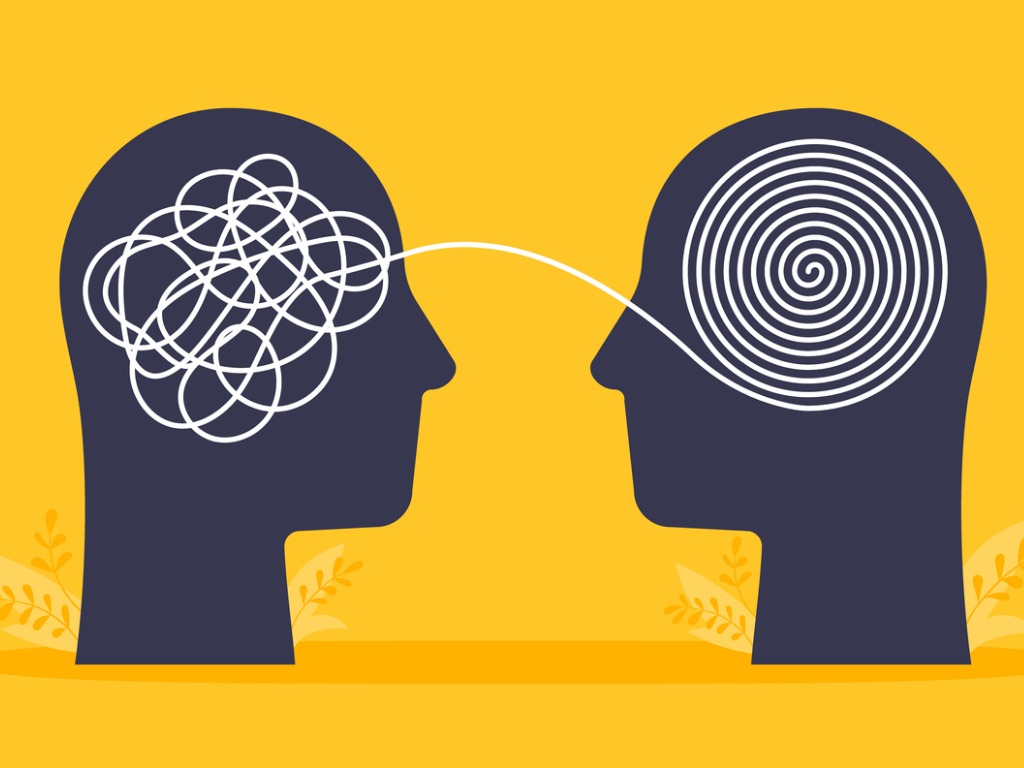
Counselling helps people develop effective strategies for dealing with life’s difficulties, explains Carole Spiers
Counselling provides a safe and supportive space for individuals to explore their thoughts, feelings, and challenges. It offers a non-judgmental and confidential environment where individuals can find the guidance and tools they need to navigate difficult situations and achieve personal growth.
Misconception
Even today, there is still a common misconception that people seek counselling or therapy because they are either too weak to withstand everyday pressures or are deficient in some way. Nothing could be further from the truth. In fact, most of my clients who seek counselling are people who need a little help with specific challenges that require the value of a new perspective in order to achieve a particular goal. They need someone with whom they can speak in a confidential environment, who will not judge them for who they are and what they want to do. These clients are people who want to learn effective techniques to make their lives better and healthier.
So let us look at a few of the issues that often arise in my counselling room:
Workplace bullying
As much as we may think otherwise, bullying is, unfortunately, still to be found in the industry today with people using their position or expertise to intimidate others. That fact is that bullying can have a long-term, dramatic effect on an individual and can leave them feeling isolated, in constant fear of going to work, and can seriously impact their health. Counselling can often provide them with techniques to empower them to deal with the person involved and to bring greater control back into their lives.
Stress
It is often mistakenly thought that stress is good for you, when in fact, long-term, persistent stress is invariably harmful. A certain amount of pressure can certainly motivate and can therefore be useful, but stress is never so. Stress can be brought on by financial problems, conflict, moving house, work overload, and role ambiguity and can present itself as a lack of concentration, inability to sleep at night, irritability, ill health, and a basic inability to cope.
Post-trauma stress
After an accident or traumatic event, people may often feel out of control of their feelings. However, they will be experiencing normal feelings after an abnormal event, which can manifest as intrusive images, inability to sleep at night, and a constant revisiting of the traumatic incident. This is when counselling is valuable and sometimes essential.
Mental health support
Counselling can help you cope with mental health issues such as depression, anxiety, stress, and trauma. It offers support for those struggling with mental illnesses and can be a vital component of their treatment.
Self-esteem
Low self-esteem is associated with self-doubt and self-criticism. Counselling can give you a greater sense of worth and a strong sense of self. The therapist may work with you to be more confident, more assertive and self-aware. They will try to help you identify your strengths that boost, not deplete, your self-esteem. Furthermore, they will look at what realistic goals are possible to achieve.
At Work
The workplace can offer help to individuals going through such challenging times via Human Resources (HR) or Occupational Health (OH) professionals who are trained to listen attentively to any problem, whether it be stress, bullying, post-trauma problems, relationships, or bereavement. Active listening is the first step to diffusing problems and, in many cases, this technique will be sufficient to enable an individual to cope. However, it is important that HR and/or OH staff are supported by a trained professional who can provide guidance and support, as and when required.
In summary, counselling is important because it provides essential mental health support, helps individuals navigate life’s challenges, and promotes personal growth and self-improvement. It is a valuable resource for anyone seeking to enhance their emotional well-being and overall quality of life.













